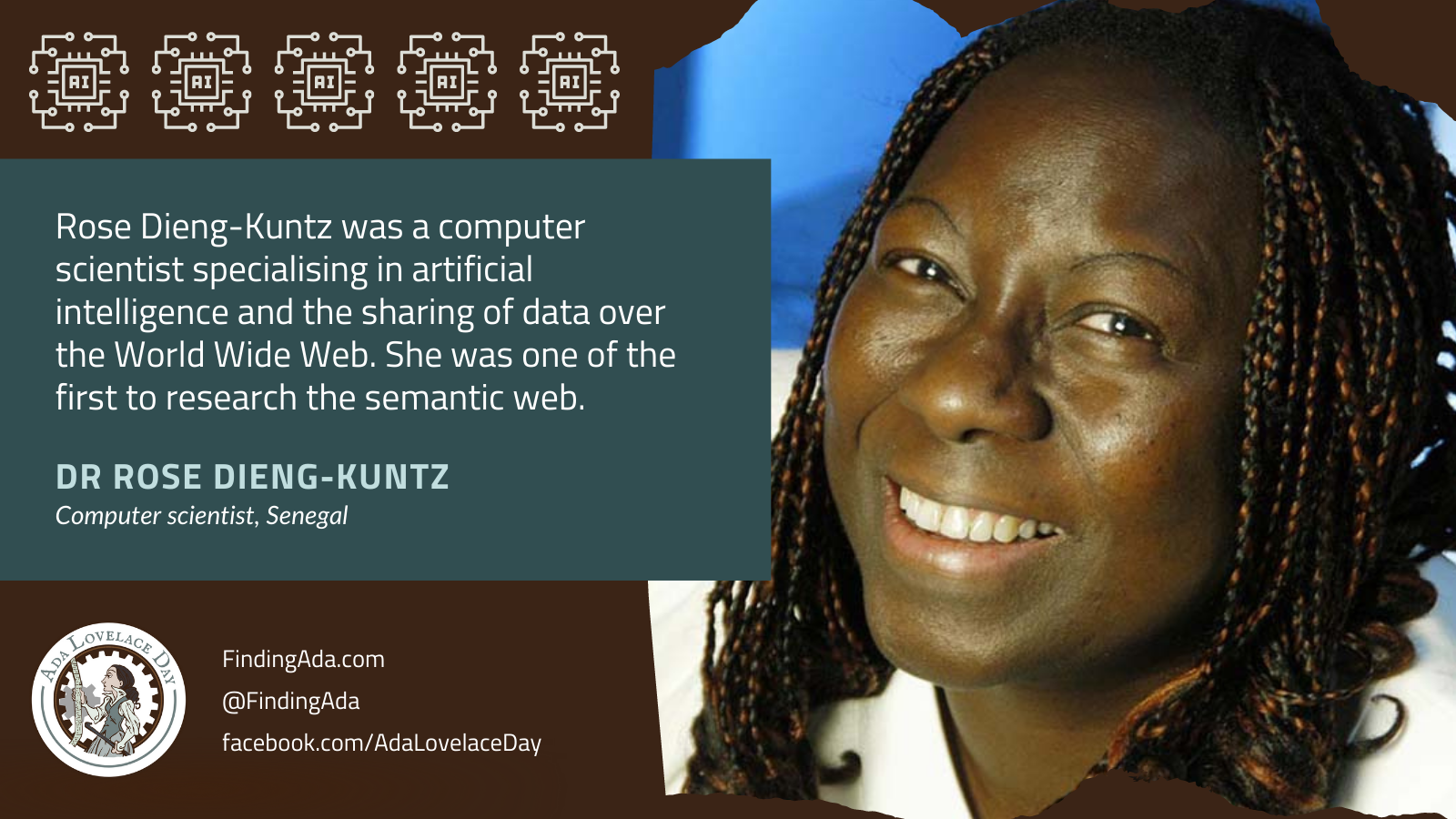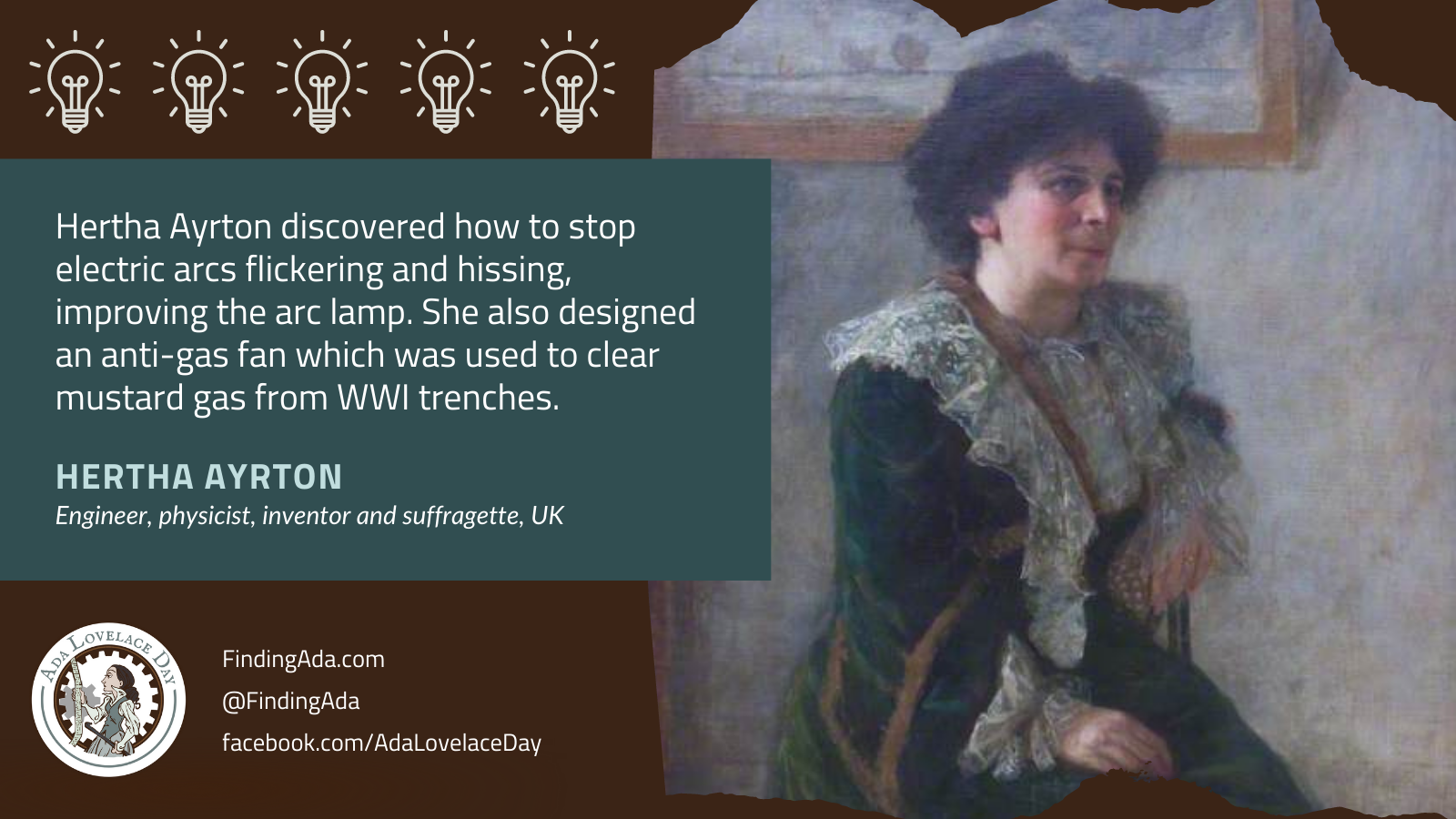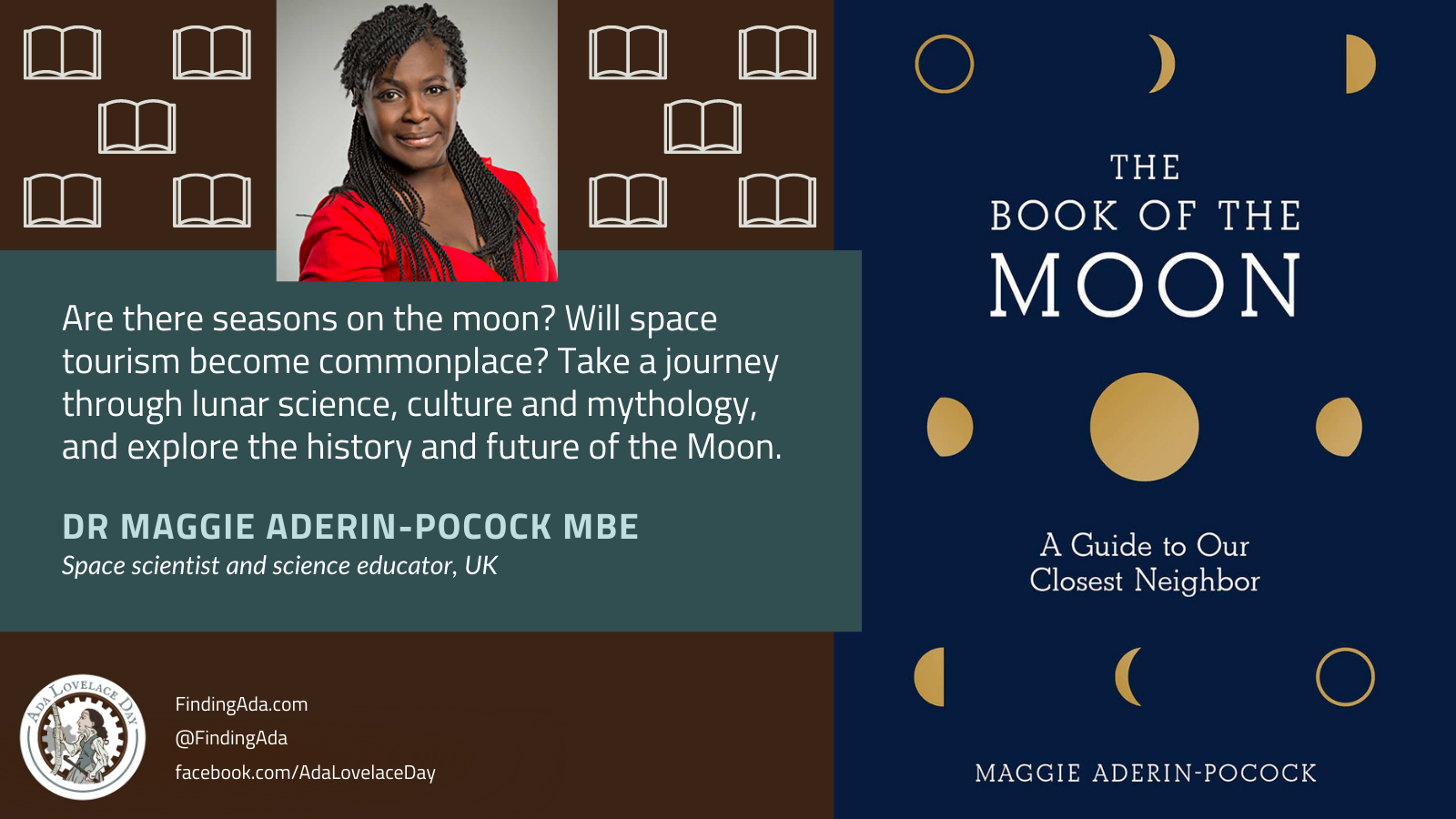
Dr Rose Dieng-Kuntz
Rose Dieng-Kuntz was a computer scientist who studied artificial intelligence and the sharing of information via the World Wide Web. She was also one of the first people to work on the semantic web, beginning her work on this subject just a few years after the web itself was launched and before its use became widespread.
The semantic web was a huge step forward for the web, and Dieng-Kuntz described it as “a web of knowledge linking individuals, organisations, countries and continents”. The World Wide Web Consortium (W3C) states that “The Semantic Web provides a common framework that allows data to be shared and reused across application, enterprise, and community boundaries.”
She said, “The research we are aiming for seeks to improve cooperation between business and the community by building ‘knowledge webs’, a goal that is in phase with Europe’s target of evolving from an ‘information society’ to a ‘knowledge society’.”
Dieng-Kuntz further worked on combining the semantic web with intelligent agents, a concept developed from artificial intelligence where machines are able to talk to other machines, allowing the semantic web to be automated.
Born in Senegal, Dieng-Kuntz worked for the French National Institute for Research in Computer Science and Computer Science and Automation (INRIA) on Artificial Intelligence from 1985 until her death in 2008. She was the first African woman to be awarded a diploma at the renowned École Polytechnique in Paris, France, and in 2005, she won the Irène Joliot-Curie prize, awarded annually to outstanding women scientists by the French Research Ministry and the EADS Group.
Further reading
- Rose Dieng-Kuntz, Wikipedia
- Rose Dieng-Kuntz, informaticienne (1956-2008), Dieyi Diouf, Femmes savantes, femmes de science
- SENEGAL-FRANCE: Death of web pioneer, Jane Marshal, University World News, 20 July 2008
- Women in STEM advent calendar: Day 19 – Dr Rose Dieng-Kuntz, Stephanie, FindingAda, 19 December 2018
- Rose Dieng-Kuntz, pionnière du web (X1975, 1956-2008), École Polytechnique, 2019

